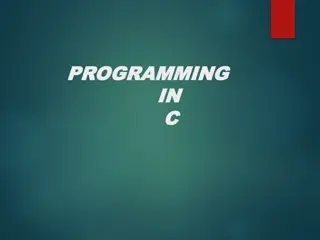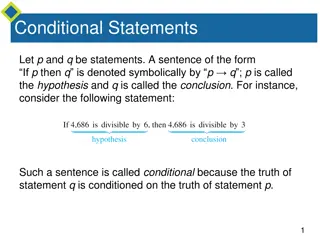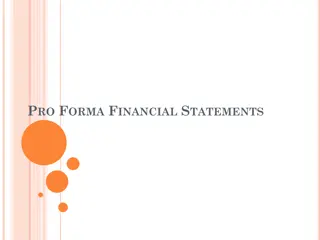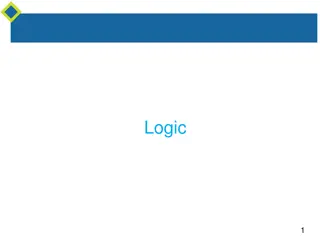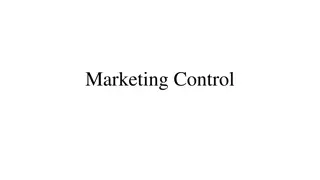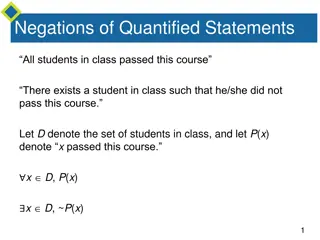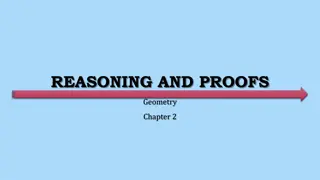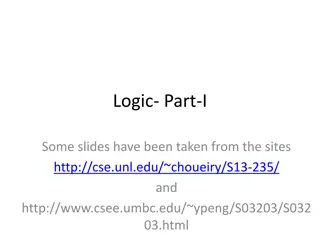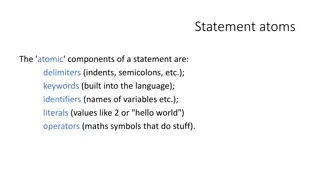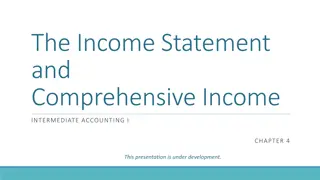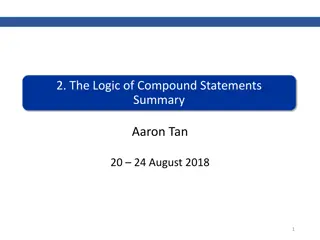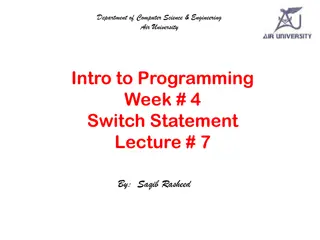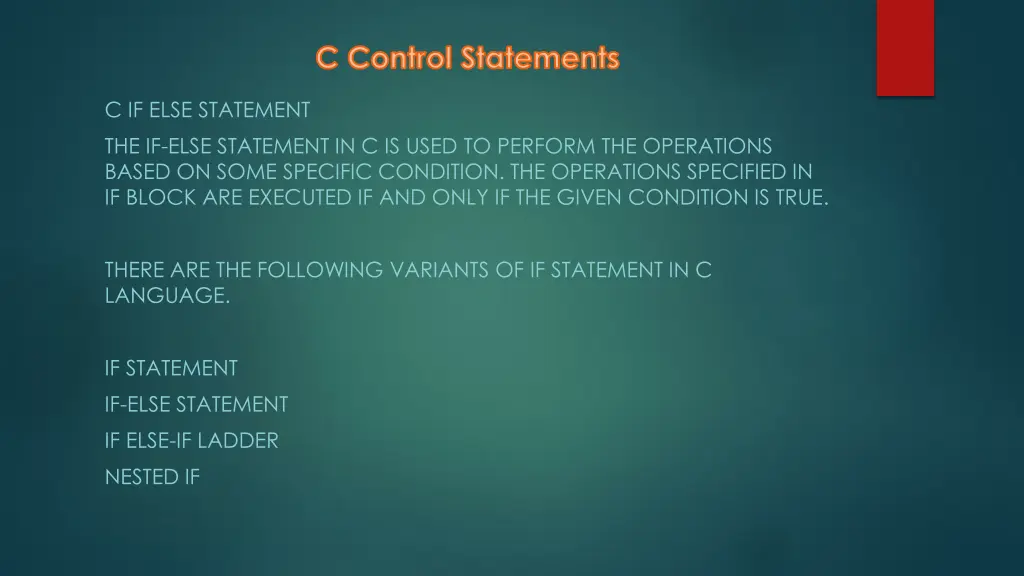
Understanding C Control Statements: If-Else Statements
Learn how to use if and if-else statements in C programming to execute specific operations based on conditions. See examples and syntax for implementing if-else statements efficiently.
Download Presentation

Please find below an Image/Link to download the presentation.
The content on the website is provided AS IS for your information and personal use only. It may not be sold, licensed, or shared on other websites without obtaining consent from the author. If you encounter any issues during the download, it is possible that the publisher has removed the file from their server.
You are allowed to download the files provided on this website for personal or commercial use, subject to the condition that they are used lawfully. All files are the property of their respective owners.
The content on the website is provided AS IS for your information and personal use only. It may not be sold, licensed, or shared on other websites without obtaining consent from the author.
E N D
Presentation Transcript
C Control Statements C IF ELSE STATEMENT THE IF-ELSE STATEMENT IN C IS USED TO PERFORM THE OPERATIONS BASED ON SOME SPECIFIC CONDITION. THE OPERATIONS SPECIFIED IN IF BLOCK ARE EXECUTED IF AND ONLY IF THE GIVEN CONDITION IS TRUE. THERE ARE THE FOLLOWING VARIANTS OF IF STATEMENT IN C LANGUAGE. IF STATEMENT IF-ELSE STATEMENT IF ELSE-IF LADDER NESTED IF
If Statement The if statement is used to check some given condition and perform some operations depending upon the correctness of that condition. It is mostly used in the scenario where we need to perform the different operations for the different conditions. The syntax of the if statement is given below. if(expression){ //code to be executed }
#include<stdio.h> int main(){ int number=0; printf("Enter a number:"); scanf("%d",&number); if(number%2==0){ printf("%d is even number",number); } return 0; } Output Enter a number:4 4 is even number enter a number:5
If-else Statement The if-else statement is used to perform two operations for a single condition. The if-else statement is an extension to the if statement using which, we can perform two different operations, i.e., one is for the correctness of that condition, and the other is for the incorrectness of the condition. Here, we must notice that if and else block cannot be executed simiulteneously. Using if-else statement is always preferable since it always invokes an otherwise case with every if condition. The syntax of the if-else statement is given below. if(expression){ //code to be executed if condition is true }else{ //code to be executed if condition is false }
#include<stdio.h> int main(){ int number=0; printf("enter a number:"); scanf("%d",&number); if(number%2==0){ printf("%d is even number",number); } else{ printf("%d is odd number",number); } return 0; } Output enter a number:4 4 is even number enter a number:5 5 is odd number
If else-if ladder Statement The if-else-if ladder statement is an extension to the if-else statement. It is used in the scenario where there are multiple cases to be performed for different conditions. In if-else-if ladder statement, if a condition is true then the statements defined in the if block will be executed, otherwise if some other condition is true then the statements defined in the else-if block will be executed, at the last if none of the condition is true then the statements defined in the else block will be executed. There are multiple else-if blocks possible. It is similar to the switch case statement where the default is executed instead of else block if none of the cases is matched. if(condition1){ //code to be executed if condition1 is true }else if(condition2){ //code to be executed if condition2 is true } else if(condition3){ //code to be executed if condition3 is true } ... else{ //code to be executed if all the conditions are false }
The example of an if-else-if statement in C language is given below. #include<stdio.h> int main(){ int number=0; printf("enter a number:"); scanf("%d",&number); if(number==10){ printf("number is equals to 10"); } else if(number==50){ printf("number is equal to 50"); } else if(number==100){ printf("number is equal to 100"); } else{ printf("number is not equal to 10, 50 or 100"); } return 0; }
C Switch Statement The switch statement in C is an alternate to if-else-if ladder statement which allows us to execute multiple operations for the different possibles values of a single variable called switch variable. Here, We can define various statements in the multiple cases for the different values of a single variable. The syntax of switch statement in c language is given below: switch(expression){ case value1: //code to be executed; break; //optional case value2: //code to be executed; break; //optional ...... default: code to be executed if all cases are not matched; }
Rules for switch statement in C language 1) The switch expression must be of an integer or character type. 2) The case value must be an integer or character constant. 3) The case value can be used only inside the switch statement. 4) The break statement in switch case is not must. It is optional. If there is no break statement found in the case, all the cases will be executed present after the matched case. It is known as fall through the state of C switch statement.
#include<stdio.h> int main(){ int number=0; printf("enter a number:"); scanf("%d",&number); switch(number){ case 10: printf("number is equals to 10"); break; case 50: printf("number is equal to 50"); break; case 100: printf("number is equal to 100"); break; default: printf("number is not equal to 10, 50 or 100"); } return 0; }
#include <stdio.h> int main() { int x = 10, y = 5; switch(x>y && x+y>0) { case 1: printf("hi"); break; case 0: printf("bye"); break; default: printf(" Hello bye "); } }




